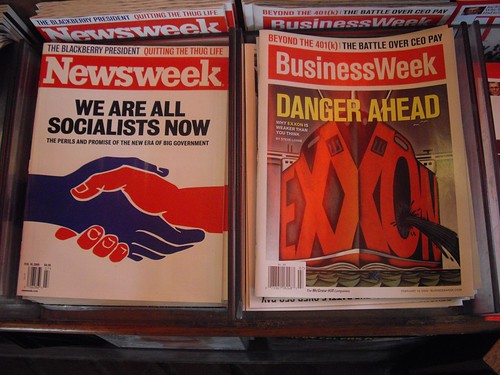Ever since my days of developing fast cal/oz/$ estimates at the Safeway on Santa Monica Ave in an attempt to keep myself, physiologically speaking, a going concern, I have been suspicious of the way pet food gets labeled. Today I grabbed a can of my wonderful hostess’ canned food for her cat. I delivered half to the dish on the floor, and caught sight of the name- Grammy’s Pot Pie. Pot pie? When did cats get so into pastry? When did Grammy start including the mellow white meat of mice in her dishes? In short, WTF?
I know the theory- anthropomorphizing pet food is yet another way to separate middle class suckers from their yuppie food stamps. It makes well heeled pet owners feel that if they really loved their pets they’d buy them all the food an omnivore could ever want, despite most house pets complete lack of an omnivoracious digestive system.
I always thought there was more to it than that. Part of it was the suckers, sure, but I’ve always thought it was a brilliant case of (admittedly grim) dual marketing. Beginning in the late Reagan era’s special treatment for the poor the way pet food was presented seemed to be changing. High calorie count? Low glycemic index? Vitamin additives, and a label with a picture of a Thanksgiving meal on it? What more could a septuagenarian on a social security fixed income ask for? Pet food is suspiciously labeled for human consumption, and humans do consume it. Why not compete for that market segment?
If you think this is too bleak to be the case, and I am ridiculous and paranoid for thinking it, I present Grammy’s Pot Pie, Smaller Serving Size 5.5oz.
The smell of Grammy’s house and her famous chicken pot pie is an unforgettable comfort. Our family loves dogs and we thought it was about time to share this great taste with yours. These tender chunks of chicken are sure to make your dog beg to go to Grammy’s, even if they have to eat their vegetables. Grammy’s Pot Pie is prepared with Chicken, Red Jacket New Potatoes, Carrots, Snow Peas, & Red Apples.
Guaranteed Analysis
Crude Protein (Min.) 9.00%
Crude Fat (Min.) 4.00%
Crude Fiber (Max.) 1.00%
Moisture (Max.) 81.00%Calorie Content
1045 kcal/kg – A 13.2 oz. can provides 394 kcal of metabolizable energy, calculated value.Ingredients:
Chicken, Chicken Broth, Chicken Liver, Fresh Red Jacket New Potatoes, Fresh Carrots, Fresh Snow Peas, Fresh Red Delicious Apple, Potato Starch-modified, Olive Oil, Calcium Carbonate, Potassium Chloride, Sodium Tripolyphosphate, Flax Seed Oil (For Omega -3), Natural Caramel Color, Poultry Seasoning (Thyme, Sage, Rosemary), Yucca Schidigera Extract, Choline Chloride, Salt, Lecithin, Zinc Amino Acid Complex, Mixed Tocopherols, Iron Amino Acid Complex, Vitamin E Supplement, Manganese Amino Acid Complex,Vitamin B12 Supplement, Vitamin A Acetate, Copper Amino Acid Complex, d-Calcium Pantothenate,Vitamin D3 Supplement, Niacin, Riboflavin Supplement, Biotin, Ethylenediamine Dihydriodide, Pyridoxine Hydrochloride, Folic Acid, Thiamine Mononitrate, Sodium Selenite.Grammy’s Pot Pie is formulated to meet the nutritional levels established by the AAFCO Dog Food nutrient profiles for all life stages
This is one of the more, I feel, conclusive examples of the genre. I don’t even think it’s that horrible, if the labels are even close to accurate. If poor people are stuck eating pet food, I am hoping the ones that can afford the slightly more expensive pet food are getting the advertised nutritional value. But I do hope that we can remember that this is speaking to more than one demographic.



 An Iraqi man grabs me from the crowd to take his picture, pointing at a button on his chest that says “Iraqis for Obama”, he asks me to not put his face in the picture. I pause. “I don’t think it matters anymore.” We both hesitate, realizing that really, something has changed. I take the picture, button, hands, and face.
An Iraqi man grabs me from the crowd to take his picture, pointing at a button on his chest that says “Iraqis for Obama”, he asks me to not put his face in the picture. I pause. “I don’t think it matters anymore.” We both hesitate, realizing that really, something has changed. I take the picture, button, hands, and face.